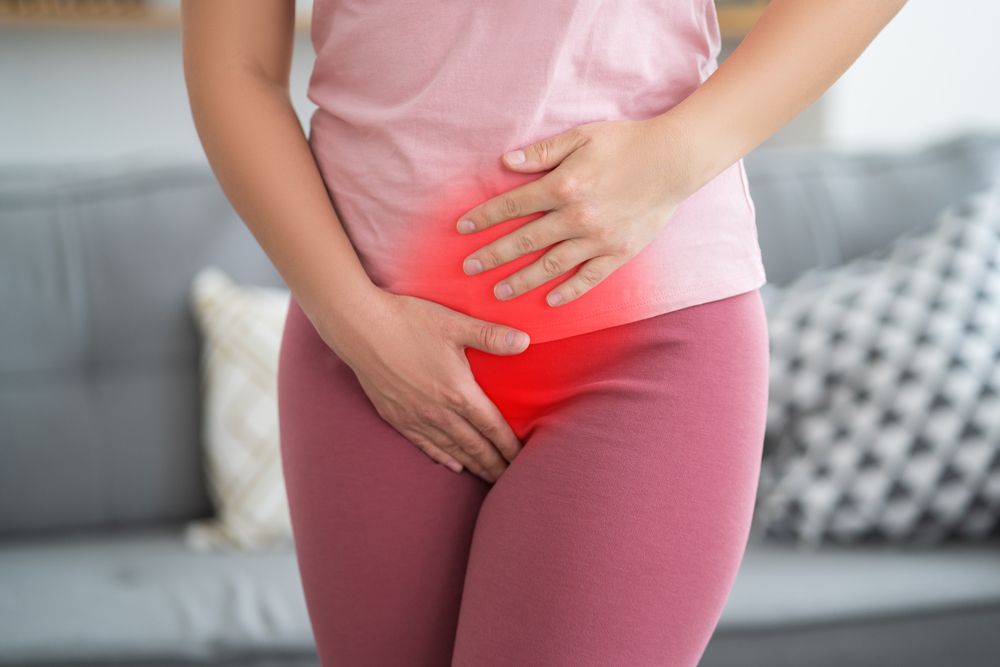What Does My Chronic Pelvic Pain Mean?
How Common Is Chronic Pelvic Pain and Can It Be Treated?
Chronic Prostatitis/Chronic Pelvic Pain Syndrome (CP/CPPS) is one of the most common urological condition affecting men under the age of 50. Meanwhile, 15% of women in the U.S. of childbearing age reported chronic pelvic pain that lasted as long as six months. Pelvic pain causes can vary from men to women. The good news is treatment is available and successful for many urological conditions involving chronic pelvic pain.
Chronic Pelvic Pain Symptoms in Men
According to Harvard Health, chronic pelvic pain syndrome (Chronic Prostatitis) is a common condition in men that produces persistent, unpredictable pain and discomfort in the pelvic region. CP/CPPS may also result in difficulty with urination, in addition to symptoms such as:
- Persistent lower back pain
- Continuous pain in the genital region
- Frequent urge to urinate, often at night
- Burning or painful urination and ejaculation
Chronic pelvic pain syndrome is often treated on a case-by-case basis. The urology team at Urology Associates of South Bend can make an expert determination based on your symptoms and medical history to establish the best chronic pelvic pain treatment for your specific diagnosis.
Chronic Pelvic Pain in Women
Chronic pelvic pain in women can indicate several different urological conditions, including: 
- Interstitial Cystitis
This condition is caused by an inflamed bladder and usually affects women in their 30s and 40s. Symptoms include frequent urination, painful urination and pain during sexual intercourse. - Urinary Tract Infections
UTIs are far more common in women than in men. Symptoms include pelvic pressure, pain during urination and cloudy or bloody urine. UTIs are caused by a bacterial infection affecting any area of the urinary tract, including the bladder, urethra and kidneys. - Pelvic Inflammatory Disease
An inflammation of the ovaries, uterus or fallopian tubes that may lead to unusual vaginal discharge, irregular and missed periods and pain during ovulation. Pelvic inflammatory disease is most often a byproduct of a sexually transmitted bacterial infection.
No matter what causes your chronic pelvic pain, the urologists at Urology Associates of South Bend can help identify the cause and provide the appropriate treatment and care.
Treatments
As the largest urology practice in the region, Urology Associates of South Bend offers the latest and most advanced treatment options, both surgical and non-surgical.
Treatments for chronic pelvic pain will vary depending on the cause. Pathways for treating chronic pelvic pain can include:
- Antibiotics
- Anti-inflammatory medications (or alpha-blockers) to decrease inflammation
- Sitting in a tub of warm water
- Exercising to increase blood flow
- Changing smoking or eating habits
- Adopting relaxation techniques such as meditation or yoga
With the right treatments and practices, chronic pelvic pain can be managed and treated. If you’d like to schedule an appointment at Urology Associates of South Bend, contact us today at 574-234-4100.
Request an Appointment
Address:
6301 University Commons, Suite 350
South Bend, IN 46635
Phone:
(574) 234-4100
Fax:
(574) 282-1739
